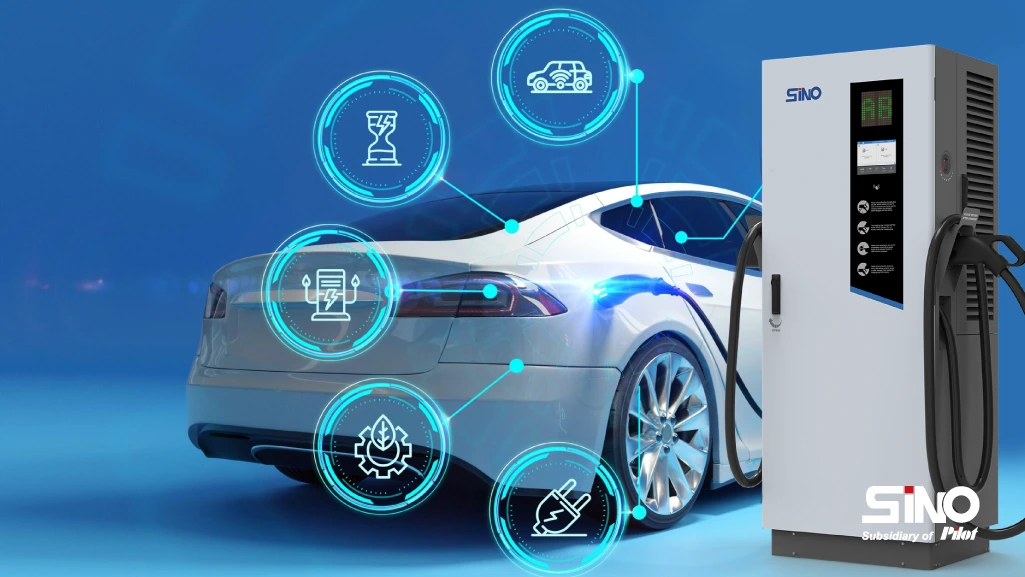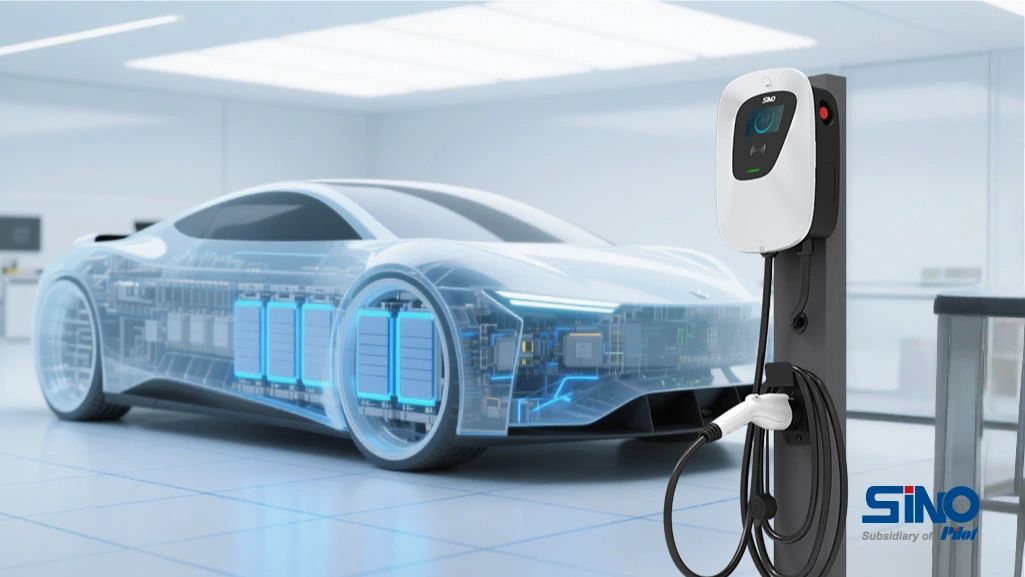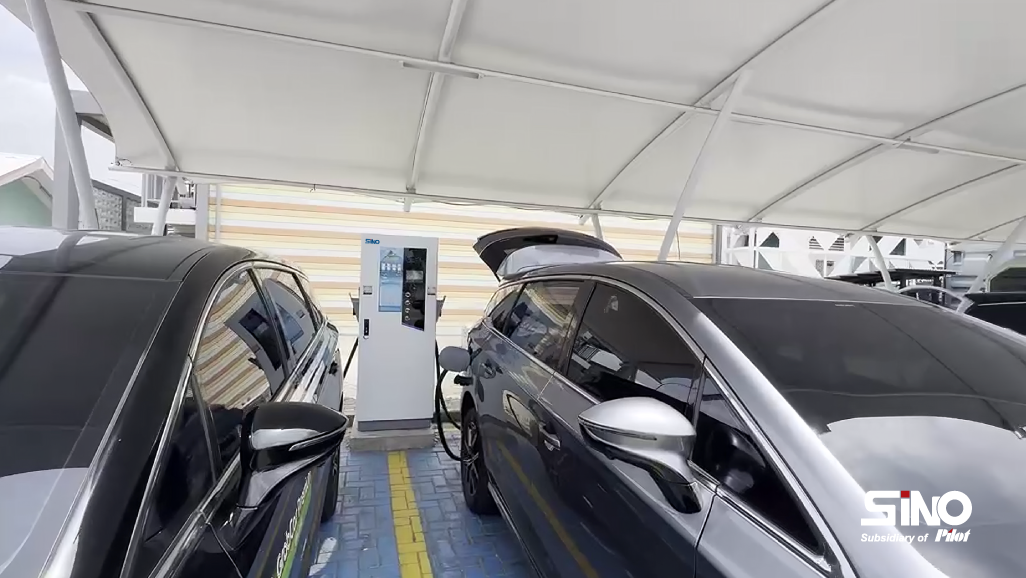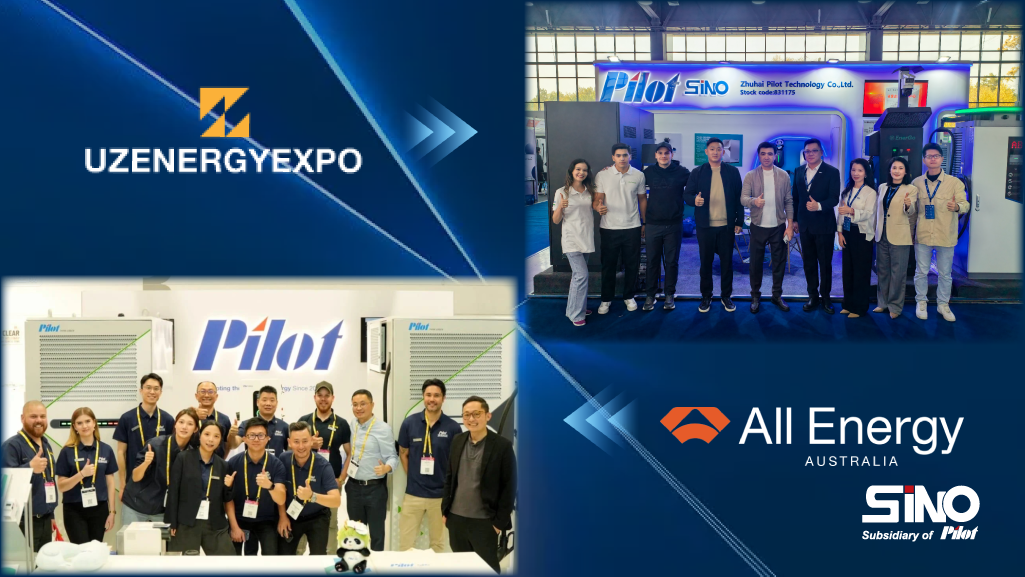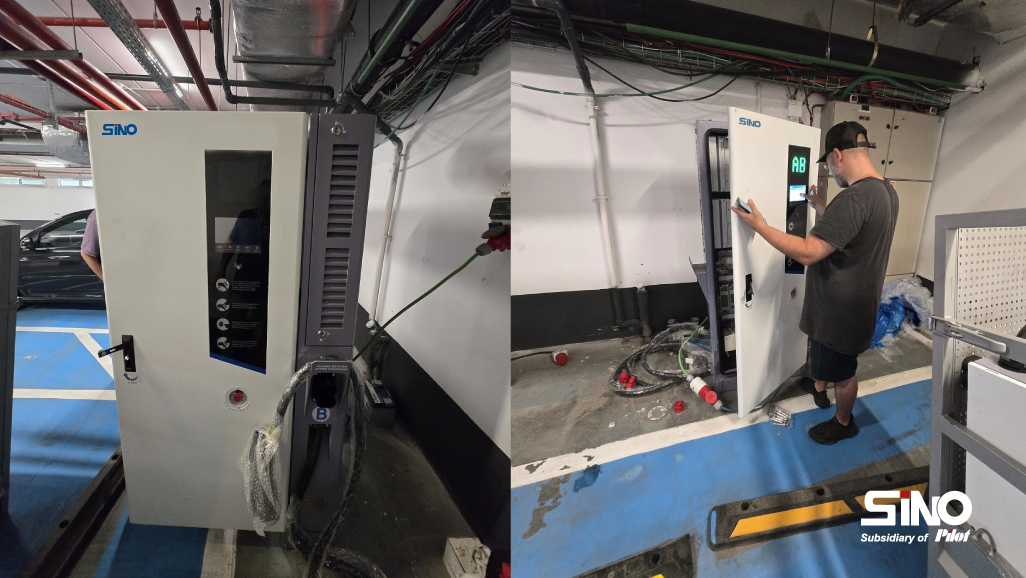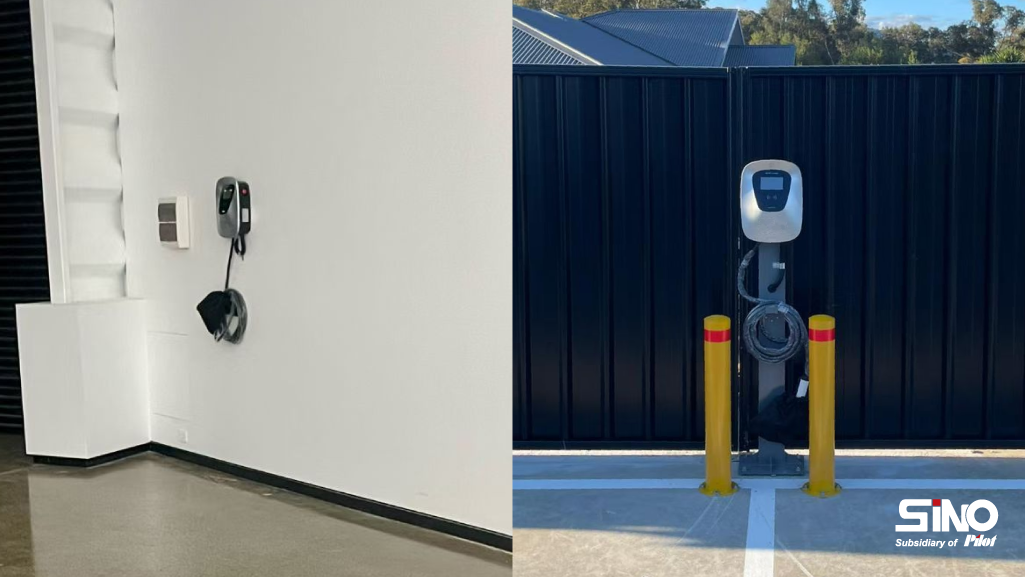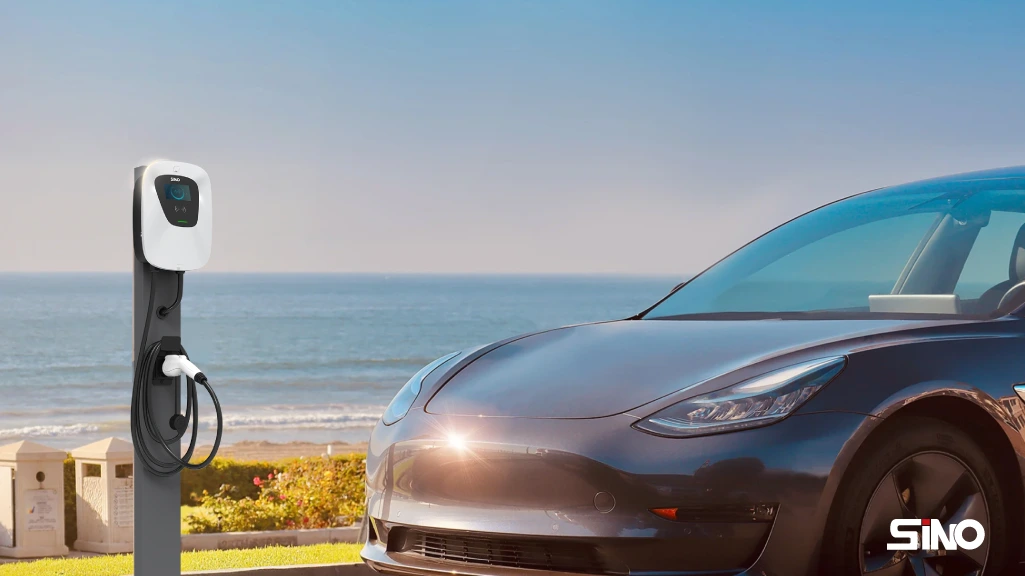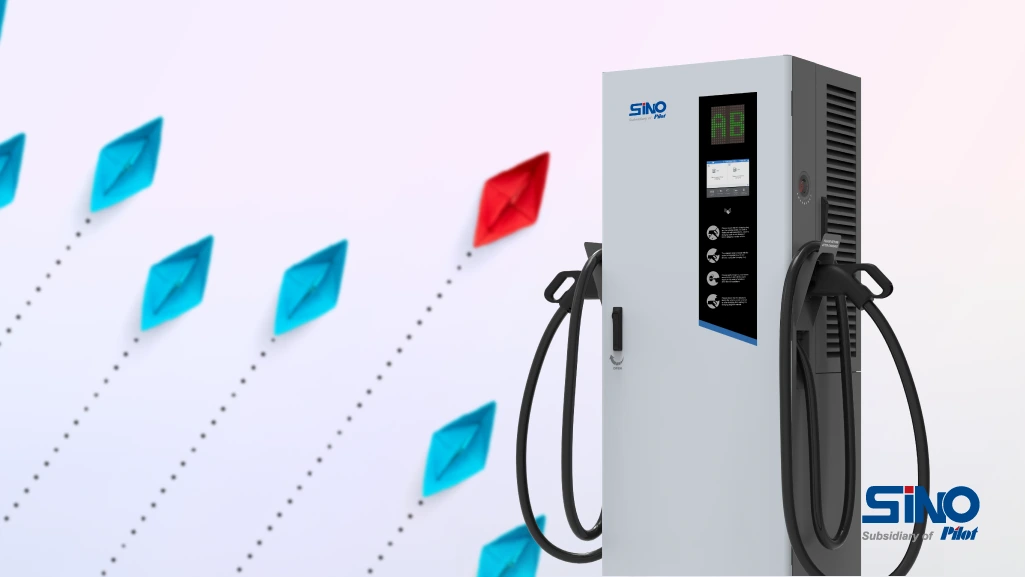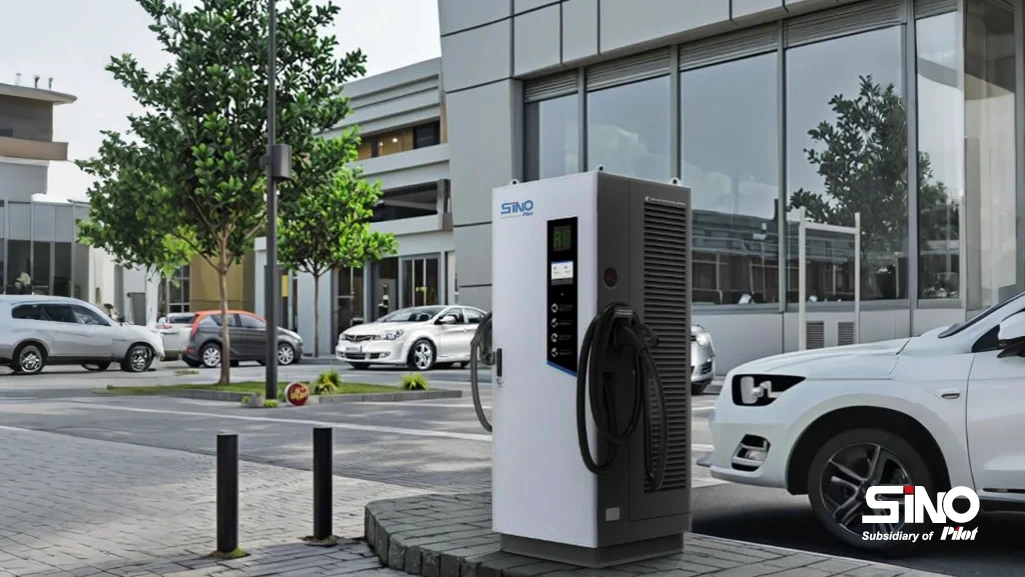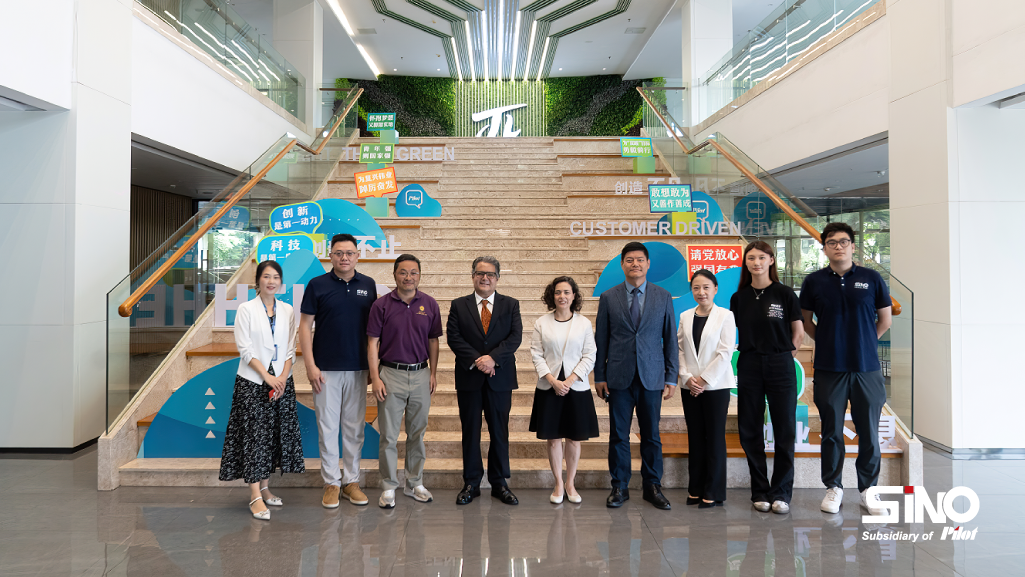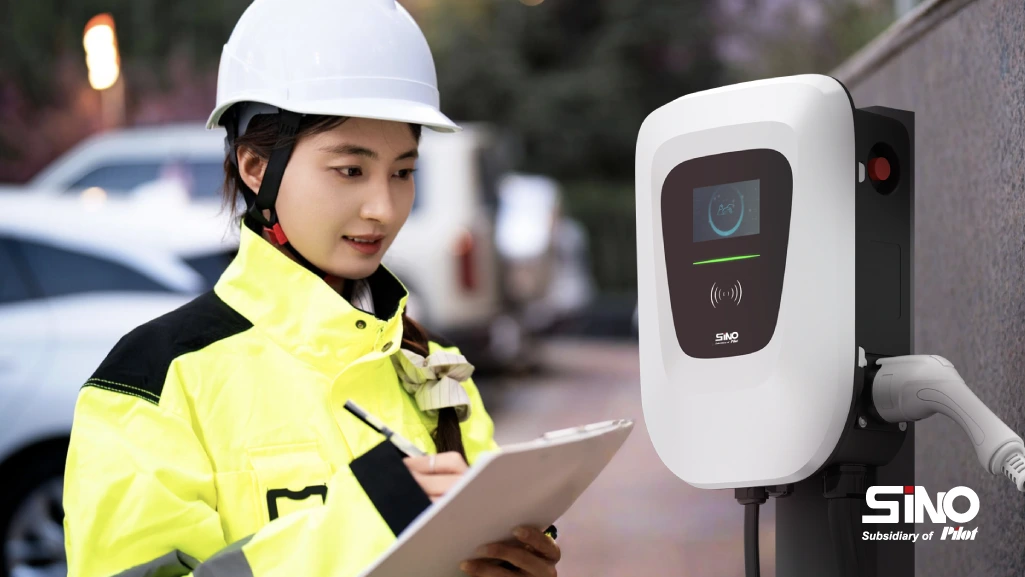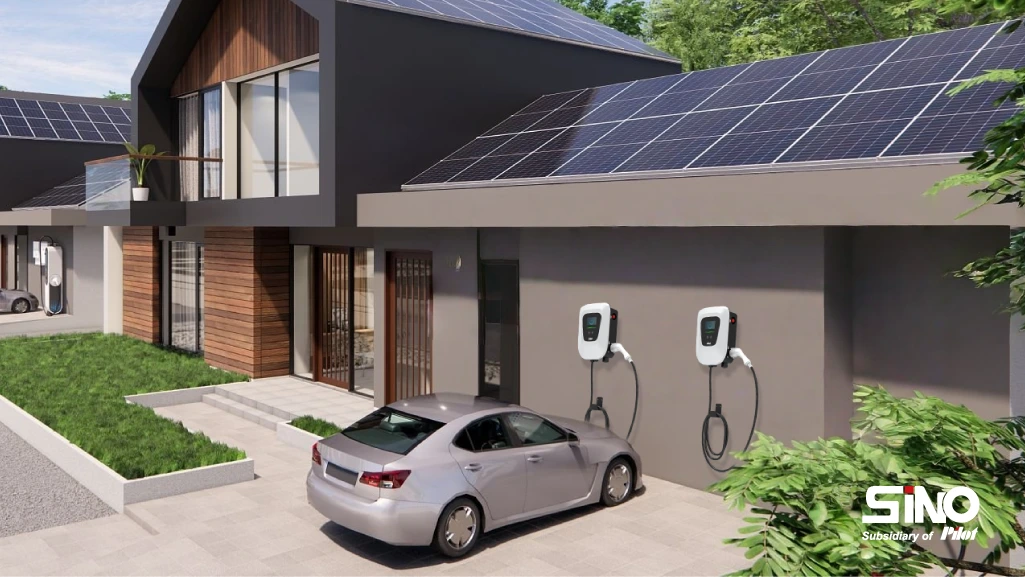EV chargers performance, in this fast-changing world of electric vehicles (EVs), stands out as a key element that shapes the overall user experience. As an increasing number of individuals transition to electric vehicles, grasping the performance of chargers becomes crucial for both existing and potential EV owners.
The Basics of Charging Speeds of EV chargers
Electric vehicle (EV) chargers come in various types, each providing different charging speeds. The slowest option, known as Level 1 chargers, utilizes a standard 120-volt household outlet. While this is handy for overnight charging at home, it only adds about 2 to 5 miles of range per hour. This slow pace is adequate for topping off a vehicle used primarily for short daily commutes, but it can be quite limiting for longer trips or vehicles with larger batteries.
Level 2 chargers, which operate on 240 volts, represent a significant improvement. These chargers can typically be found at many public fast charging stations and are often installed in homes by EV owners. They offer a charging speed that can deliver an additional 10 to 60 miles of range per hour, meeting the needs of most daily driving. For instance, if you drive a vehicle with a 250-mile range and your daily commute is 40 miles round-trip, just a few hours on a Level 2 charger during the evening can fully recharge your car for the next day’s journey.
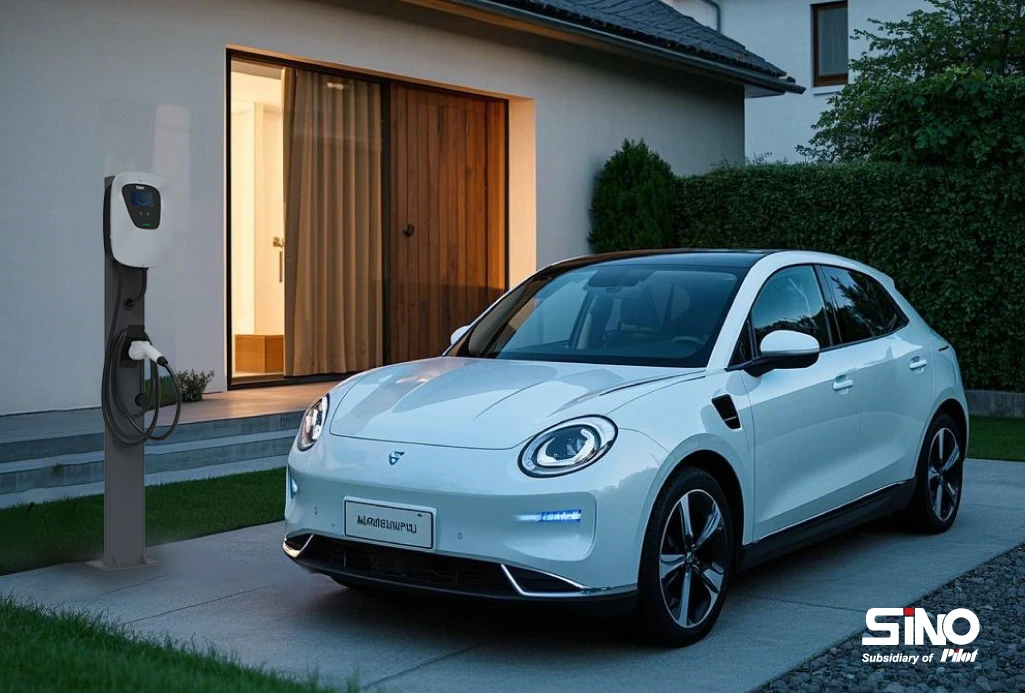
Then there are the high-speed DC fast chargers. Capable of delivering up to 350 kilowatts (kW) of power, or like our PEVC3302 split system with 480KW super fast charging stations. These chargers can provide an impressive 100 to 200 miles of range in just 20 to 30 minutes. DC fast chargers are a breakthrough for long-distance travel, as they are strategically located along major highways, allowing EV drivers to stop for a charge much like they would at traditional gas stations. However, it’s important to note that not all EVs can utilize the full capabilities of the highest-power DC fast chargers. Compatibility depends on several factors, including the vehicle’s battery capacity for high-speed charging and the specific charging hardware available in the car.
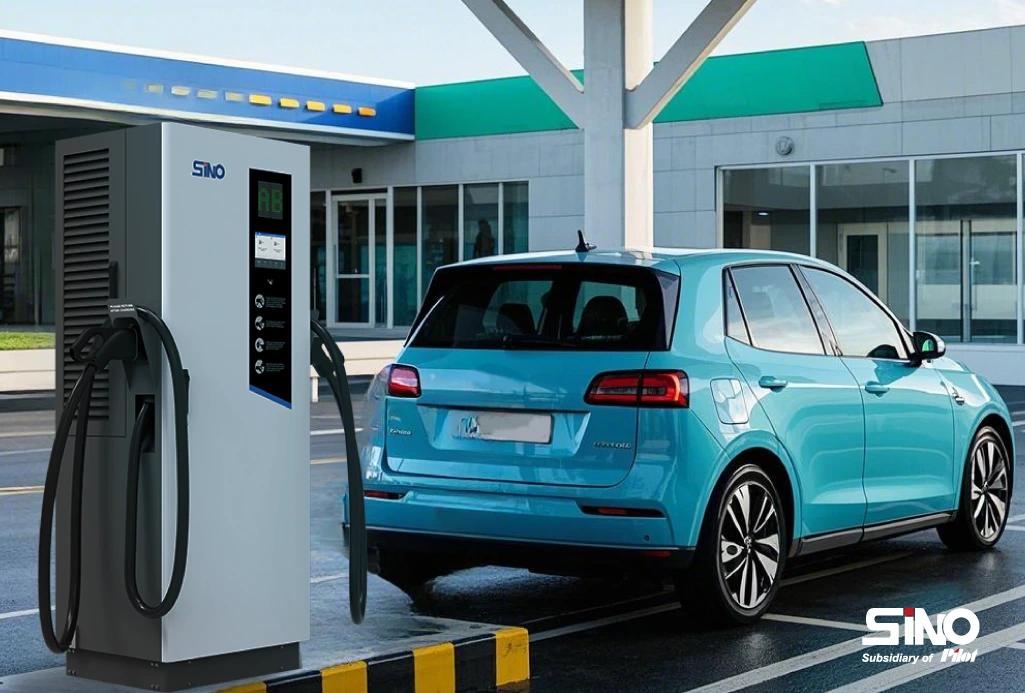
Factors Influencing EV Chargers Performance
Vehicle Compatibility:
Different electric vehicle (EV) models come with varying charging capabilities. Some older or more budget-friendly EVs may experience limitations in their charging speeds, even when paired with high-power chargers. For example, a base model with a smaller battery pack might not be engineered to process the high-voltage input from a 350 kW DC fast charger.
Charger Age and Maintenance:
Like any equipment, chargers can deteriorate over time. An aging charger may struggle to deliver the full power rating it once provided. Regular maintenance, including software updates and hardware inspections, is essential to ensure optimal performance. A neglected charger may face issues such as inconsistent power output or connection difficulties, which can hinder the charging process.
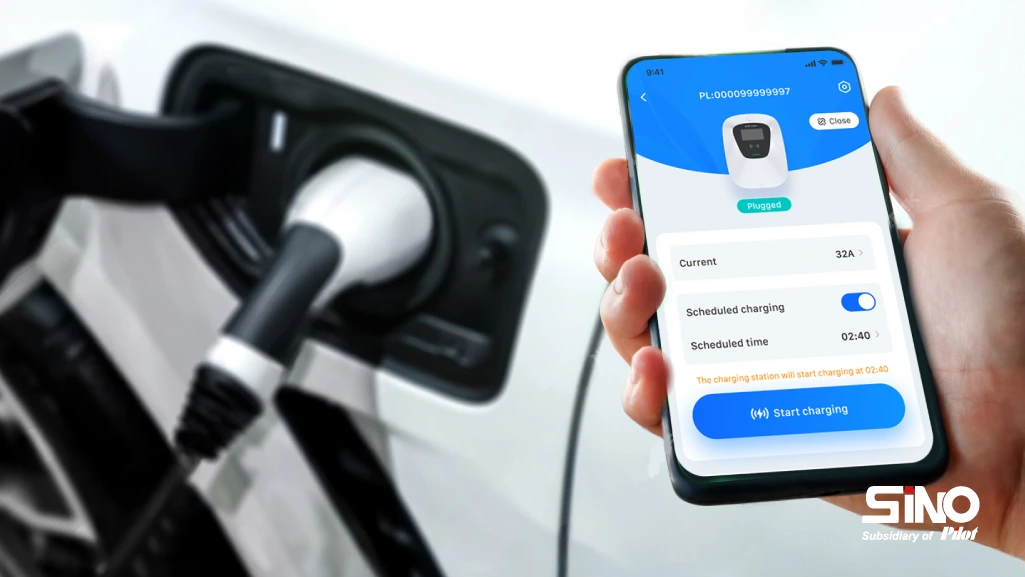
Grid Capacity:
The electrical grid’s capacity in a given area can directly affect charger performance. When several high-power chargers are in operation simultaneously in locations with limited grid capacity, the power availability for each charger may be diminished. This situation is commonly seen in regions where EV adoption has surged without necessary upgrades to the electrical infrastructure. For example, at a newly built shopping mall parking lot equipped with multiple DC fast chargers, the charging speed for each vehicle may drop below expectations during peak usage times.
The Future of EV Chargers Performance
The outlook for EV charger performance is promising. Manufacturers are continuously striving to enhance charger technology. There are initiatives underway to develop ultra fast chargers, with some targeting capabilities of up to 1 megawatt (MW). At this level of power, charging times could shrink to a mere few minutes, making EV charging comparable to the convenience of refueling a gasoline vehicle.
Moreover, wireless charging technology is on the verge of becoming a reality. This advancement would eliminate the hassle of cables and plugs, offering a more streamlined charging experience. Picture this: you pull into your garage or parking space, and your EV begins charging automatically without any need for a physical connection. Although still in the experimental phase, wireless charging holds the potential to transform the way we charge our electric vehicles.
The performance of EV chargers is a complex yet intriguing subject. As technology progresses and infrastructure evolves, we can anticipate faster and more dependable charging experiences. Whether you are considering purchasing an EV or already benefiting from electric driving, staying informed about charger performance will empower you to fully utilize your vehicle’s capabilities.
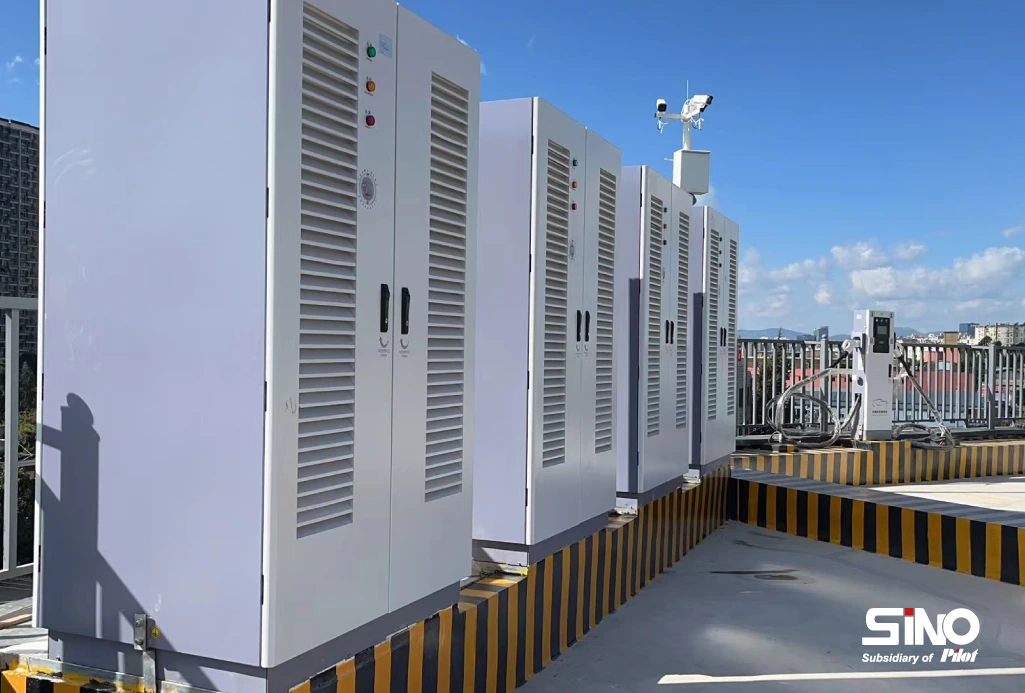
FAQS
Question: What is an EV charger?
An EV charger is a device that provides electrical energy to recharge the battery of an electric vehicle (EV). There are various types of chargers available. Slow chargers, known as Level 1, utilize a standard household outlet and are the slowest option. In contrast, fast chargers, which include Level 2 and DC fast chargers, are designed to charge an EV significantly faster.
Question: What affects the charging speed of an EV charger?
Several factors influence charging speed when it comes to electric vehicles. First and foremost, the type of charger is essential; DC fast chargers significantly outperform Level 1 and Level 2 charging stations in terms of speed. The charger’s capacity, measured in kilowatts (kW), is another critical factor. Higher-capacity chargers can provide quicker charging times.
The vehicle’s battery capacity and its specific charging capabilities also contribute to the overall speed; some electric vehicles have a maximum charging rate that they can accept. Additionally, the state of charge (SOC) of the battery plays a role in how quickly it charges. As the battery approaches full capacity, the charging rate typically decreases to protect the battery’s integrity.
Question: Why does my EV charger seem to be charging slower than usual?
There are several factors that could be affecting your charging experience. If you’re using a public charger, it may be shared among multiple vehicles, which can result in divided power availability. Additionally, the temperature of the battery plays a significant role in charging speed; extreme heat or cold can cause the vehicle’s management system to limit the charging rate to safeguard the battery. Another possibility is that there might be a software issue with either the charger or your electric vehicle. Be sure to check for any available software updates for both devices.
Question: Do I need to do anything special to set up an EV charger at a commercial location?
To successfully implement chargers at a commercial site, it’s essential to verify that the electrical infrastructure is adequate. This might require upgrading the electrical panel, adding transformers, or installing new wiring. Additionally, ensure that you comply with local zoning laws and building codes. If you intend to charge users for the service, you will also need to set up software for payment processing.
Question: How often do EV chargers need maintenance?
Level 1 and Level 2 chargers generally require minimal maintenance. It is important to regularly inspect the cable and connector for any physical damage. In contrast, DC fast chargers are more complex and may demand more frequent maintenance. This maintenance includes checking for software updates, evaluating internal components for wear and tear, and ensuring the charger operates with proper cooling, as they generate heat during use. Maintenance schedules can vary, ranging from quarterly to annually, based on the manufacturer’s recommendations and the frequency of use.
Our Social
Facebook: www.facebook.com/sinoevc
Instagram: www.instagram.com/sinoevc
Linkedin: www.linkedin.com/company/sinoevse
Youtube: www.youtube.com/@sinoevc
Twitter: www.twitter.com/sinoevc

“Charging for A Better Life”
—Zhuhai Sino Energy Technology Co.,Ltd.



